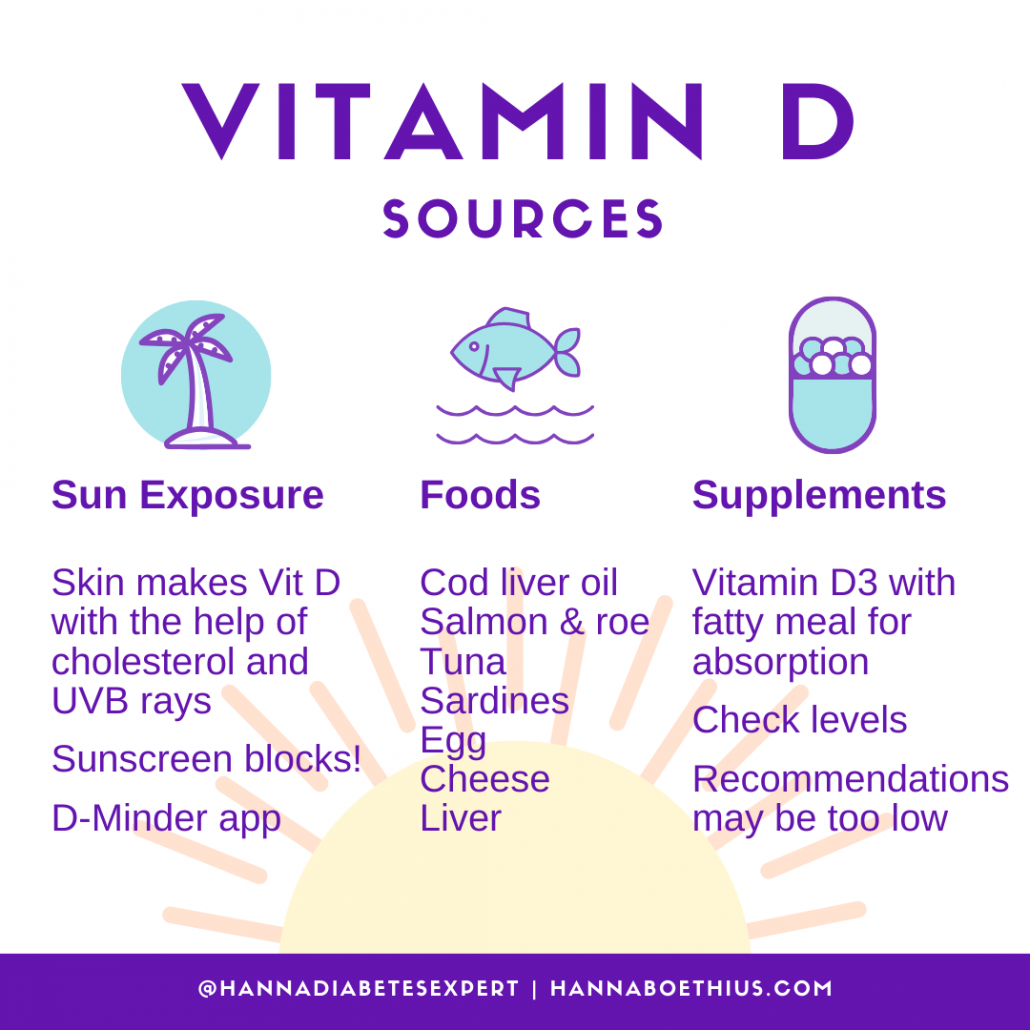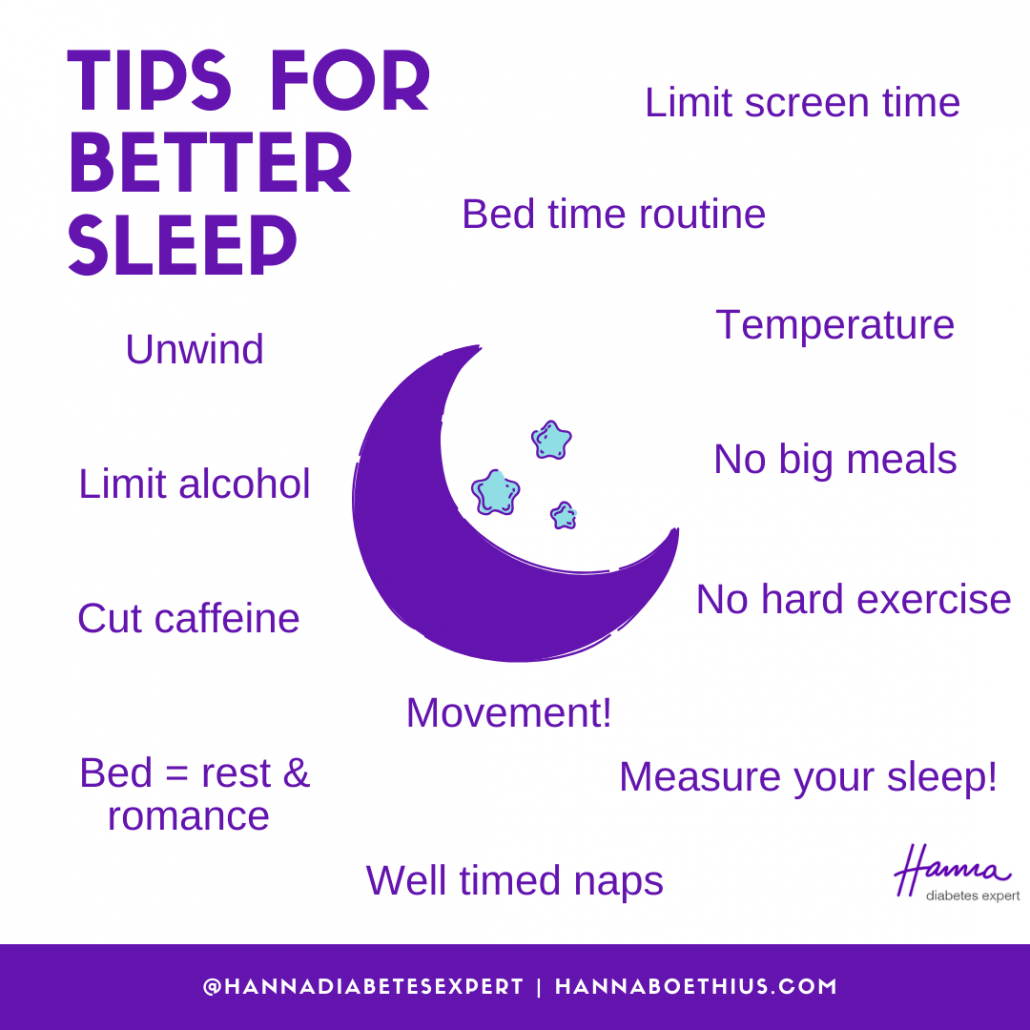Brittle Diabetes?
Have you ever heard of brittle diabetes?
What is it? What are the signs? How can you get out iof it?
Although the term “brittle diabetes” is wildly discussed and can come across as very negative and blaming, it’s a concept many people with diabetes (unfortunately) are familiar with. Perhaps you’ve been labeled “brittle” in your medical file, just lika I have in the past?
What can you do about it, then? Is it just to accept it and trry to live as peacefully as possible with it?
Au contraire!
Brittle diabetes can very well be dealt with, and removed from your life, too. It all depends on what the cause if for you. A few common causes of brittle diabetes are medication troubles, stress (blood glucose killer number 1!) , eating disorder, gastrointestinal issues, gastroparesis or insulin sensitivity, to mention a few.
Once you know this, try to look at what lifestyle changes would apply to you – nutrition, medication, movement, mindset, stress management… are a few points to keep in mind.
Share your experiences with me! What’s your number one trick for brittle diabetes?
Disclaimer
The only purpose of this website is to educate and to inform. It is no substitute for professional care by a doctor or other qualified medical professional. This website is provided on the understanding that it does not constitute medical or other professional advice or services. Instead, we encourage you to discuss your options with a health care provider who specializes in treating Type 1 Diabetes.


